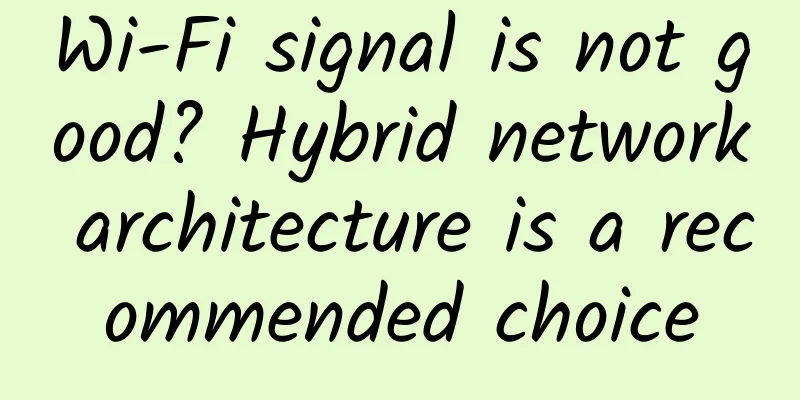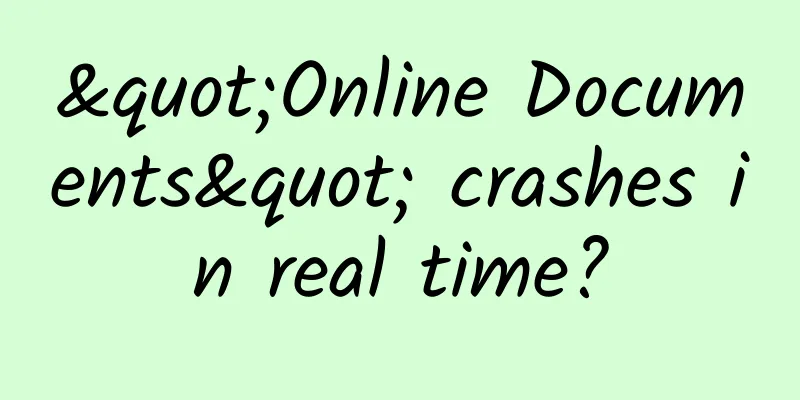LisaHost: Singapore/Taiwan/US ISP residential IP hosting starting from 68/month, AS4837/9929/CN2 GIA lines available

|
Lisahost was registered in Hong Kong in 2017. It provides products such as US VPS and independent server rental. The merchant VPS is based on KVM architecture and has distinctive product features. It has a large number of dual-ISP residential native IP hosts, including the US AS9929/AS4837 line dual-ISP home broadband residential IP series, Taiwan/Singapore ISP residential native IP large bandwidth, etc. It supports various short videos, e-commerce, and streaming media unlocking (please refer to the merchant website for specific unlocking information). The minimum monthly payment starts at 68 yuan/month, and you can also choose an annual payment at a special price of 199 yuan/year. Dual ISP residential native IP in the United States (triple network backhaul AS4837 optimization, up to 1Gbps bandwidth, optional high defense)
US dual ISP residential native IP (AS9929 phase 1, IP clean, rich unlocking)
US dual ISP residential native IP (AS9929 Phase II, 206 or 154 segments, pure IP, rich unlocking)
American Cera high-defense native IP (CN2 GIA network free 50G defense can be upgraded, 172 or 23 segment native IP)
Singapore ISP residential IP (native IP, fully unblocked streaming media, large bandwidth, direct connection to non-mainland China)
Taiwan ISP residential IP (native IP, fully unblocked streaming media, large bandwidth, non-mainland China direct connection)
The main feature of the VPS provided by lisahost is native IP, ISP home broadband, dual ISP, etc. For domestic access, you can choose AS9929, AS4837, etc. The bandwidth is large and the return line is good. Singapore/Taiwan is directly connected to non-mainland China, and China Mobile/China Unicom users are slightly better. Friends who need a native IP host can pay attention to it. |
<<: CloudCone Flash Sale starts at $15.5/year - 1GB/55GB/3TB@1Gbps/Los Angeles Data Center
Recommend
5G: Smart cities’ potential to transform public services
While drawing parallels between 5G and national s...
Understand the HTTP request process in one article. If you don't believe it, you still don't know it
Prerequisites OSI architecture TCP/IP related pro...
48V AC direct supply technology is the future development direction of data centers
With the large-scale construction of data centers...
Say goodbye to manual operations! Use Ansible user module to efficiently manage Linux accounts
In an enterprise operation and maintenance enviro...
How many hurdles will computing power development have to overcome in the future?
At present, the digital economy is entering a new...
IDC Commentary: What are the remaining obstacles to China's 5G?
With the news that Nokia and Ericsson won the bid...
Vietnam's three major operators reach 5G RAN equipment sharing agreement
[[404902]] Vietnam’s three largest operators, Vie...
AvenaCloud: €11.5/year - 1GB/10GB SSD/100M unlimited traffic/Moldova complaint-resistant VPS
AvenaCloud is a Moldovan hosting company establis...
Maintaining the championship! H3C continues to lead the Chinese enterprise WLAN market in the first half of 2020
Recently, International Data Corporation (IDC) re...
The main tasks of 5G in the 13th Five-Year Plan are determined
[[181279]] Recently, the Ministry of Science and ...
5G accelerates the energy revolution, and future development trends are becoming increasingly clear
In today's world, the importance of energy is...
What are the unique values of enterprise-level Wi-Fi Mesh networks?
Wi-Fi introduced mesh technology very early, and ...
In the 5G era, what is the United States worried about?
Today I want to talk to you about a technical top...
2022 Gartner Online Fraud Market Guide Report is officially released, Ruishu Information is once again selected as a representative manufacturer
In December 2022, Gartner®, a global authoritativ...
Operators' user development under severe cold weather, some are happy while others are sad
It is time for operators to release their monthly...

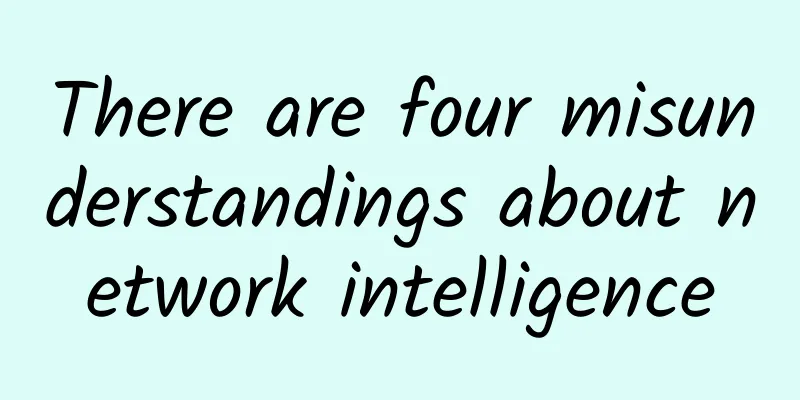
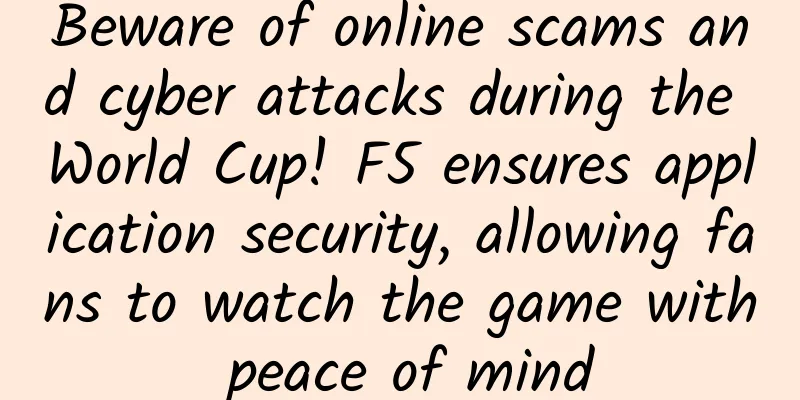
![[11.11] Megalayer: US/Hong Kong dedicated servers starting from 299 yuan/month, 1Gbps dedicated servers starting from 499 yuan/month](/upload/images/67cac02b1dc92.webp)
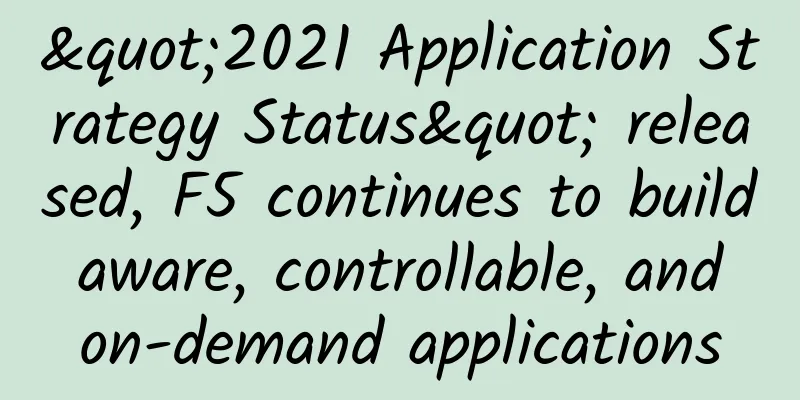
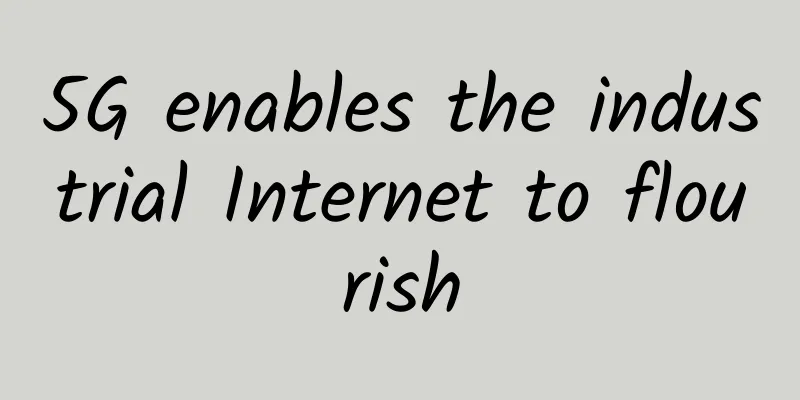

![[6.18] edgeNAT 40% off on all VPS annual payments, starting at 360 yuan for annual payments in Hong Kong/Korea/US data centers](/upload/images/67cac326847d1.webp)
